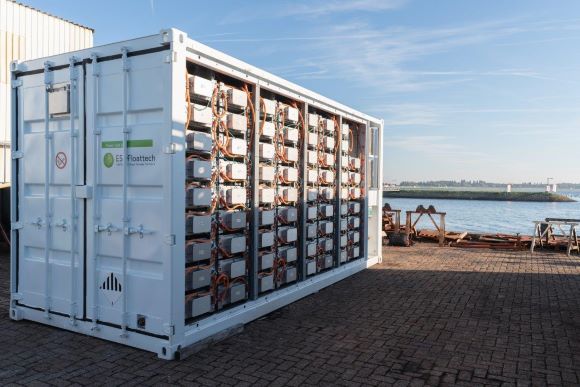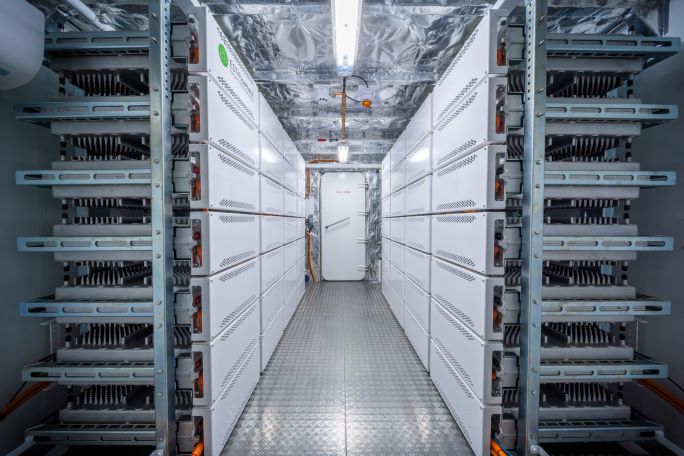
Energy Transition Fund Rotterdamis investing € 4 million in EST-Floattech
London, 20 February 2024, (Oilandgaspress): – EST-Floattech receives an investment of 4 million euros from Energy Transition Fund Rotterdam and existing shareholders Rotterdam Port Fund, PDENH, Ponooc, and Yard Energy. This was announced by Chantal Zeegers, the Alderman for Climate, Building, and Housing in Rotterdam. The ‘Energietransitiefonds Rotterdam’ is the investment fund of the municipality of Rotterdam.
EST-Floattech develops and produces high-quality lithium-ion battery systems for electric and hybrid propulsion of inland vessels, ferries, yachts, and more. Combined with in-house-developed software, the systems provide significant improvements when it comes to CO2 emissions, fuel costs, noise pollution, and air quality. Energy Transition Fund Rotterdamis investing 3 million euros, the fund’s first investment in maritime battery systems. The existing shareholders are jointly investing 1 million euros.
An example of cooperation in the maritime ecosystem
As fund manager of Energy Transition Fund Rotterdamand investor in Rotterdam Port Fund, InnovationQuarter is closely involved in the investment. Rotterdam Port Fund is a private investment fund focused on innovation in the port sector. The fund played an important role in the realization of the transaction, which exemplifies the close cooperation within the South Holland maritime cluster. EST-Floattech contributes to this ecosystem through their many Rotterdam customers, including Damen and KOTUG. Innovation in electrification aligns with both the Regional Maritime Agenda 2030 and the Regional Energy Strategy for Rotterdam/ The Hague.
Great societal importance

The electrification of shipping has great social importance. Inland and maritime shipping together account for 16.5% of the Netherlands’ CO2 emissions. Moreover, goods transported by water will increase significantly in the coming years. The EU is aiming for a 50% increase in transport via inland waterways and shorter sea routes by 2050 compared to 2015. For international shipping, volume growth of over 200% is even expected between 2023 and 2050. Currently, only 1% of the global fleet is electrified, and the sector needs to catch up tremendously to achieve net zero by 2050.
Since January 1st, 2024, the European CO2 emissions trading system EU-ETS has been in place for larger ships, with smaller ships expected to follow in 2026. The increasing costs associated with CO2 emissions make electrification increasingly interesting within a rapidly growing market. As the second-largest player, there is a great opportunity here for EST-Floattech.
Information Source: Read full article
Energy Monitors | Electric Power | Natural Gas | Oil | Climate | Renewable | Wind | Transition | LPG | Solar | Electric | Biomass | Sustainability | Oil Price |

